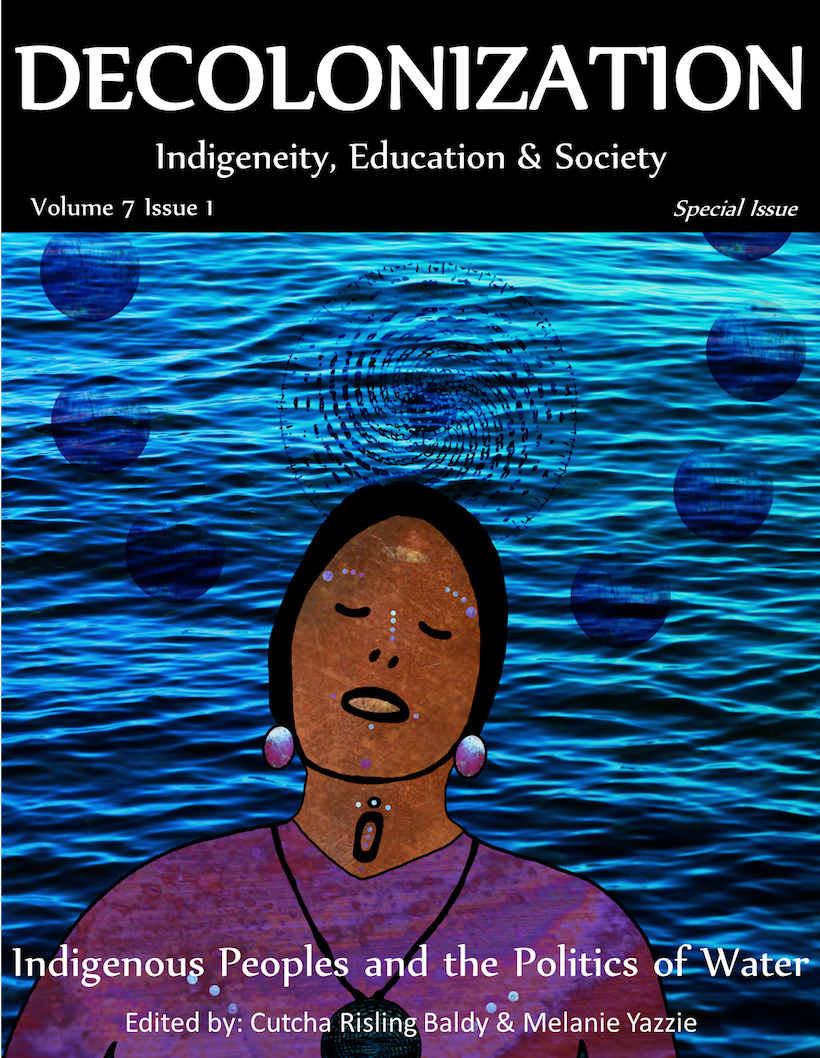In this paper, I center Indigenous water governance at the nexus of extractive capitalist development, water contamination and dispossession, and Indigenous self-determination. I do so by focusing on colonial capitalist legacies and continuities that are unfolding on Mushkegowuk lands of what is otherwise known as the Treaty 9 territory in northern Ontario, Canada. Through a spatial analysis, I trace contemporary forms of water dispossession through mining extraction to the larger colonial-capitalist objectives of the original signing of the James Bay, or Treaty 9, agreement. I argue that the colonial capitalist dispossession of water, through the seizing of land and interconnected waterways, and through the accumulation of pollution and contamination, is inextricably linked to larger structural objectives of securing access to Mushkegowuk lands for capitalist accumulation, while simultaneously dispossessing Mushkegowuk peoples of the sources of their political and legal orders. I end by discussing how Mushkegowuk peoples are resurging against settler colonial and capitalist regimes by regenerating their water relations, and how water itself cultivates a particularly spatial form of resurgence that regenerates Indigenous kinship relations and governance practices.
Publication Type
- Article



